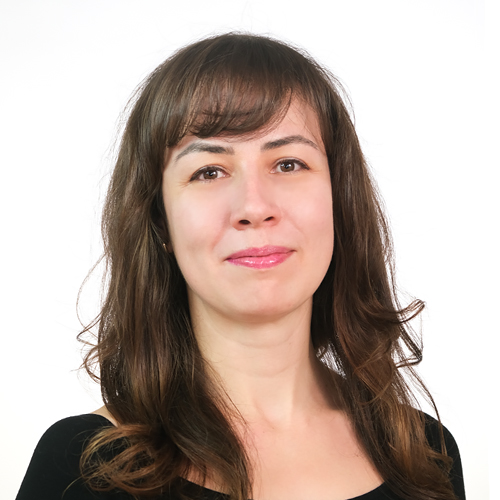About our Department
Our research
Translational medicine
The research applies insights gained for designing improved diagnosis and therapy, especially with respect to IBD, GE cancer and Barrett’s oesophagus.
Gastrointestinal tumor immunology
We aim to identify therapeutic targets to overcome the immunosuppressive tumor micro-environment and to develop strategies to stimulate systemic immunity to gastroenterological cancers. As a follow-up of the former research focus of the research group, we are still involved in studies aiming to find biomarkers that can identify liver transplant patients who are immunologically tolerant to their graft and can be safely withdrawn from immunosuppressive therapy.
Hepatitis E virus and liver cancer research
By understanding virus-host interactions, we aim to develop effective antiviral therapies and to better understand how hepatitis viruses cause liver cancer. Studies on biomarkers and immune mechanisms involved in infections with hepatitis viruses and hepatocellular carcinoma.
Chronic viral hepatitis and liver cancer
Studies on biomarkers and immune mechanisms involved in infections with hepatitis viruses and hepatocellular carcinoma
Host-bacterial interactions in gastrointestinal diseases
We investigate to what extent microbial changes are present in diverse intestinal diseases, how these changes modulate intracellular signaling in intestinal epithelial cells and how modulation of microbes can affect disease activity
Antigen-based Immunotherapy
Research in the group is focused on exploiting antigen presentation for immunotherapy to cure gastrointestinal and hepatic diseases.
Novel therapies for cystic fibrosis, diarrheal diseases and pancreatitis
Our lab aims to develop drug-based therapies for diseases associated with impaired gastrointestinal electrolyte transport, using epithelial organoids (mini-organs) as a model.
NASH and Metabolic Associated Fatty Liver Disease
The incidence of liver steatosis with or without hepatitis NAFLD, NASH) is increasing tremendously worldwide and is leading to increasing numbers of patients with hepatocellular carcinoma and liver cirrhosis. There is no effective treatment available yet, although progress is being made rapidly. The studies that are being conducted are currently taken place in the ERGO center Rotterdam, focusing on the epidemiology among an elderly population. Collaboration is with different other departments in the Erasmus MC but also with several clinical centers in the European Union. Currently there is participation within a large EU-funded multinational study in the European Union (www.liverscreen.eu and www.eithealth.eu/product-service/fisplat).
Experimental transplantation and intestinal surgery
The research focus on tissue injury, infection and regeneration of liver and kidney grafts during organ transplantation.
Principal Investigators
Principal Investigators
-

M.J.C. (Marcel) Bijvelds, PhD
Principal investigator
-

A. (André) Boonstra, PhD
Professor
-

W.P. (Willem Pieter) Brouwer, MD PhD
Gastroenterologist and Hepatologist
-

Prof. M.J. (Marco) Bruno, MD PhD
-
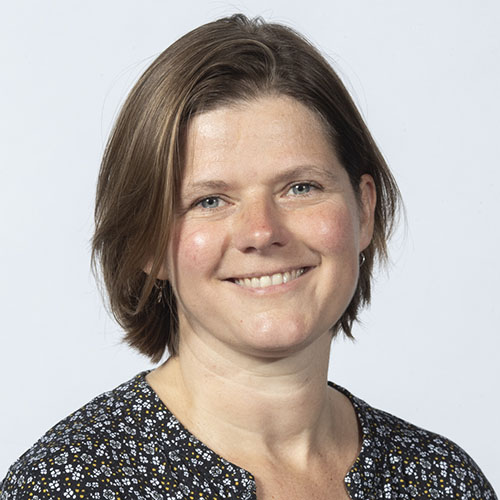
S.I. (Sonja) Buschow, PhD
Assistant Professor
-
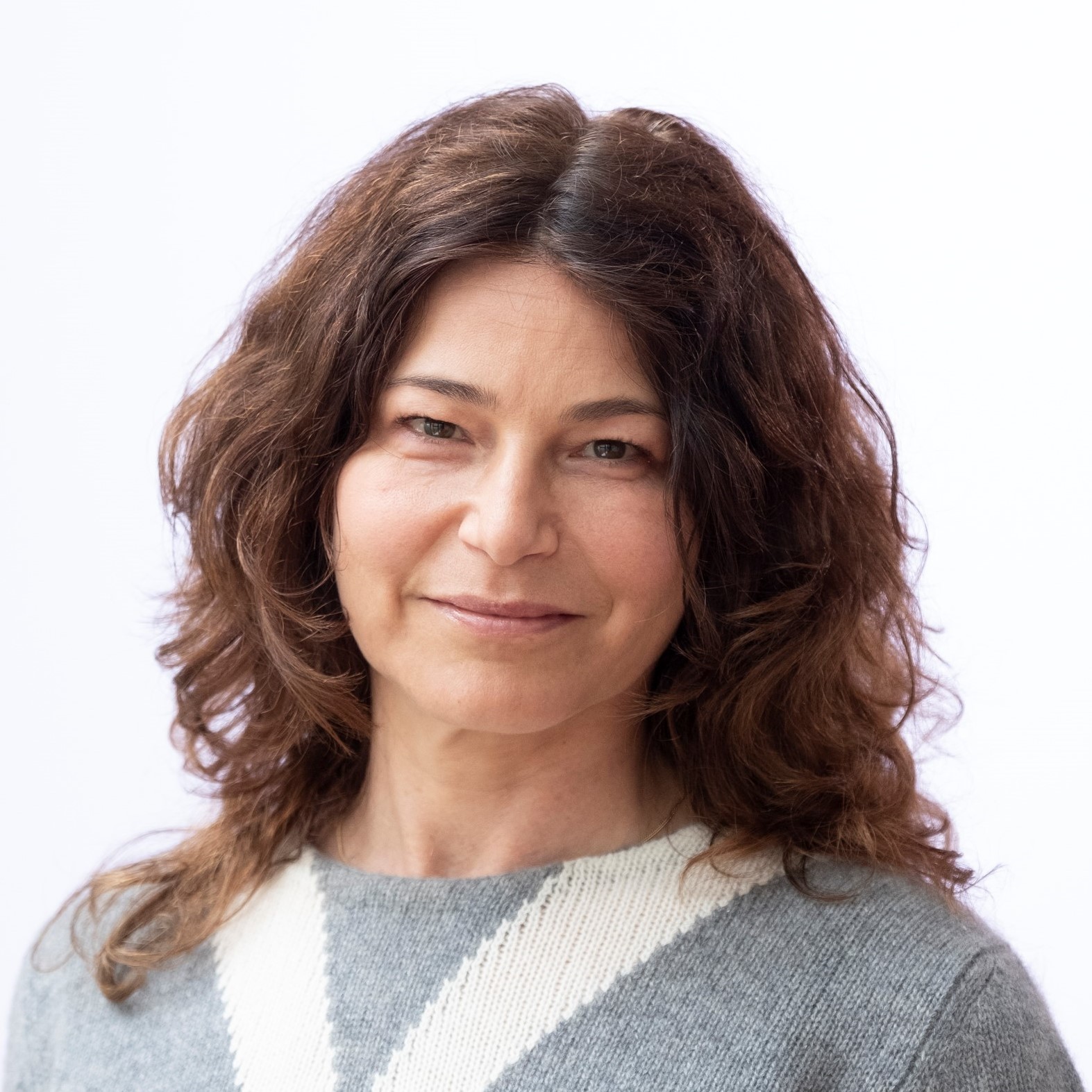
D.L. (Djuna) Cahen, MD PhD
Assistant Professor
-
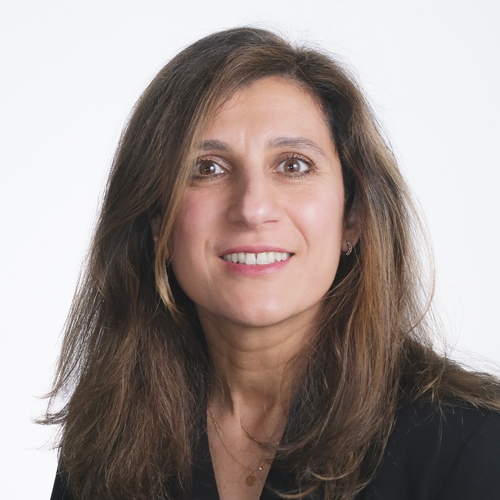
S. (Sarwa) Darwish Murad, MD PhD
Gastroenterologist and Hepatologist
-
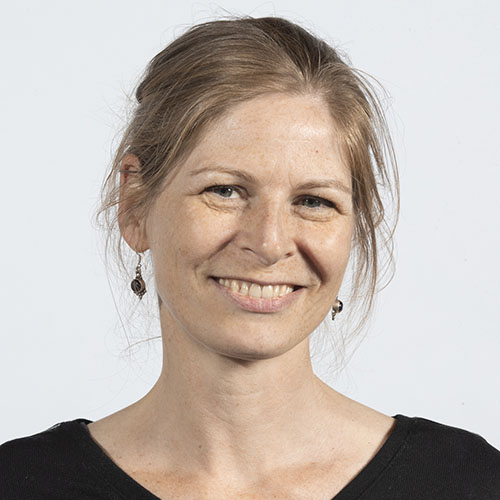
G.M. (Gwenny) Fuhler, PhD
Associate Professor
-

C.M. (Caroline) den Hoed, MD PhD
Gastroenterologist and Hepatologist
-

Prof. H.L.A. (Harry) Janssen, MD PhD
Professor of Hepatology
-

Prof. L.J.W. (Luc) van der Laan, PhD
Professor, Head of Laboratory (LETIS)
-
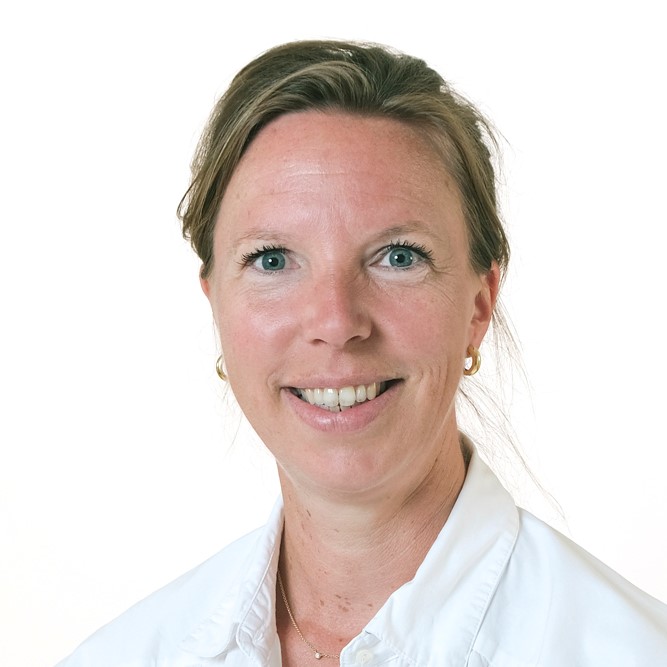
Dr. D. (Desirée) Leemreis-van Noord, MD PhD
Gastroenterologist and Hepatologist
-

A.J.P. (Adriaan) van der Meer, MD PhD
Gastroenterologist and Hepatologist
-
.jpg)
Q. (Qiuwei) Pan, PhD
Associate Professor
-

Prof. M.P. (Maikel) Peppelenbosch, PhD
Head of the Laboratory
-

Prof. P.D. (Peter) Siersema, MD PhD
Gastroenterologist and Hepatologist
-

M.J.M. (Ron) Smits, PhD
Assistant Professor
-

M.J. (Milan) Sonneveld, MD PhD
Gastroenterologist and Hepatologist
-

Prof. M.C.W. (Manon) Spaander, MD PhD
Professor of Gastrointestinal Oncology
-

D. (Dave) Sprengers, MD PhD
Gastroenterologist and Hepatologist
-
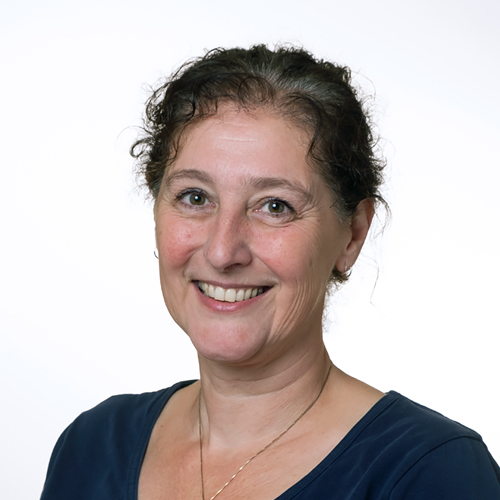
M.M.A. (Monique) Verstegen, PhD
Associate Professor
-
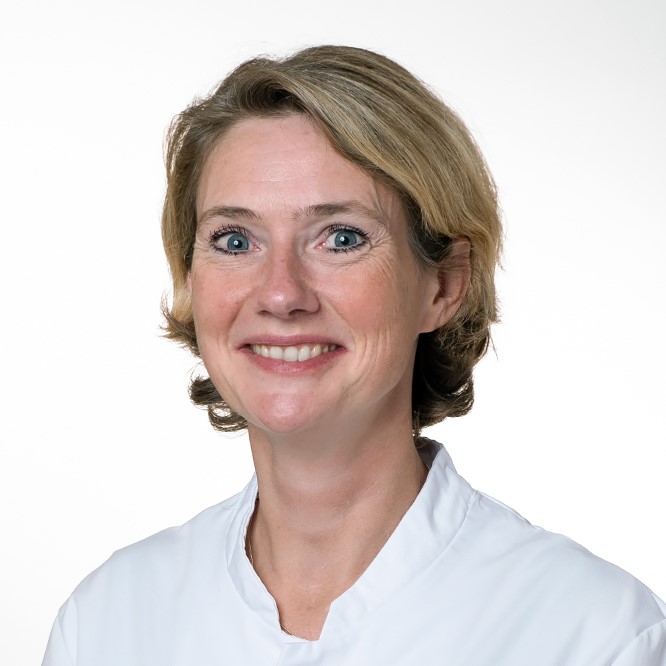
A.C. (Annemarie) de Vries, MD PhD
Gastroenterologist and Hepatologist
Postdocs
Research Lines
Facilities
- Molecular technics
- Cell and organoid culture
- FACS and sorting analysis
- Immunohistochemistry
- Confocal microscopy
- Lenti virus



